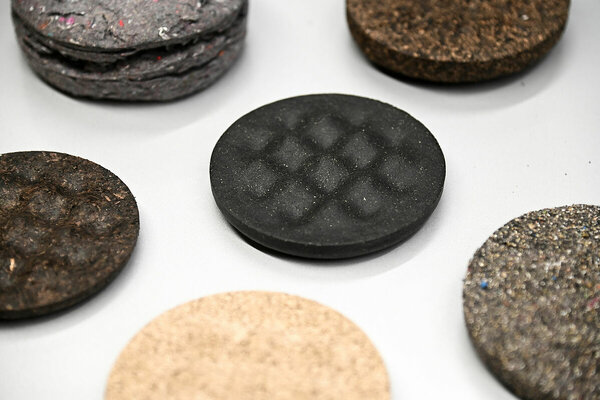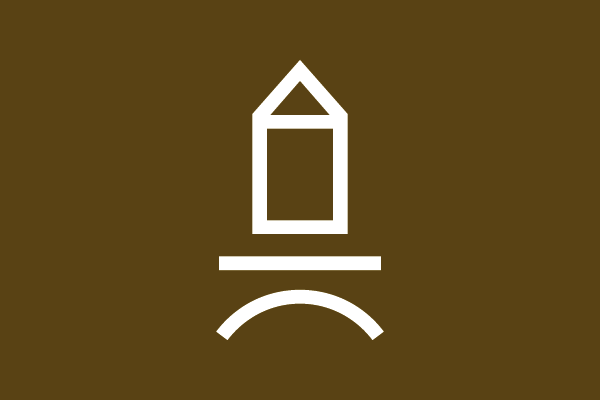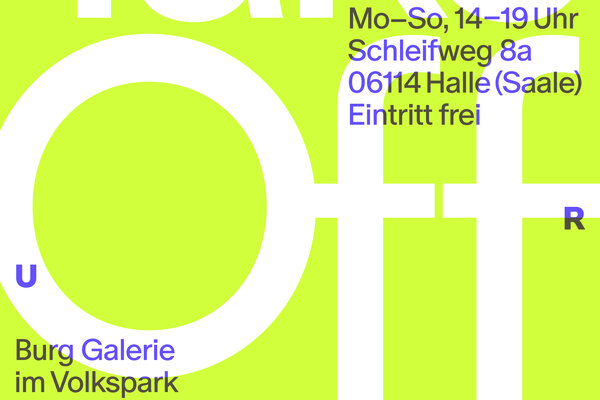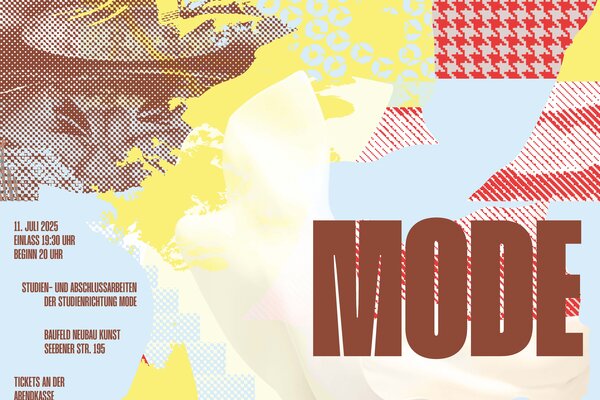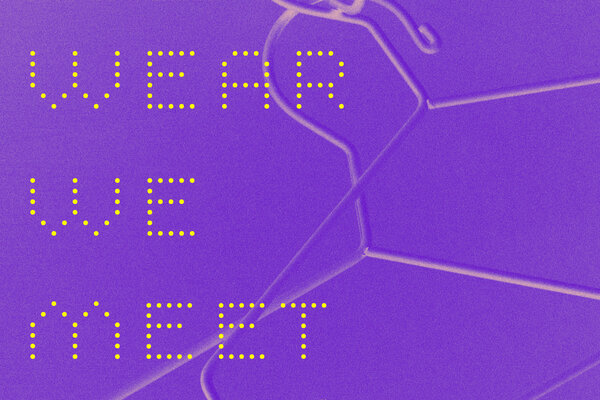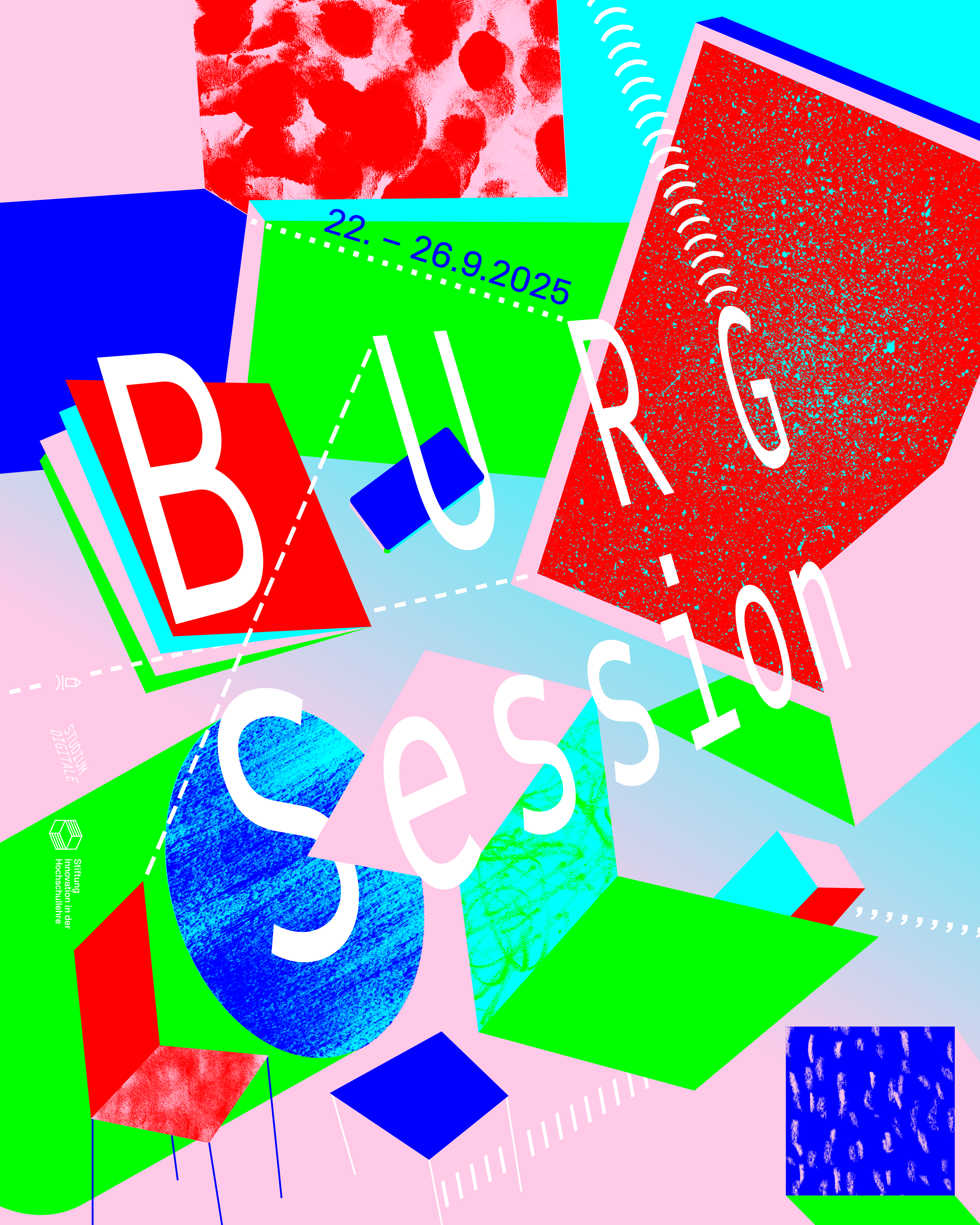Golden rules for strong passwords:
Long
At least 8, preferably 16-20 characters
Unique
An individual password for each account
Random
No patterns, personal data, simple words, famous quotes or number sequences.
The strongest passwords consist of a combination of letters, numbers and symbols. The combination should not be easy to guess. Sequences of numbers or letters such as "1234", "abcd" or "qwertz" are easy to crack.
- Tip
A password manager generates and saves passwords. A recommended open-source password manager is KeePassXC (for Windows / Linux / Mac)
Two-factor or multi-factor authentification (2FA)(MFA)
This means setting up two or more digital locks that appear one after another. Even if one password is known or published, hackers still have to go through a second authentification process, which reduces their chances of success.
Further tips and links for digital locks
Passwords can get into the wrong hands through data leaks: The website Have I Been Pwned allows to check if you have an account on a website whose data has been published due to a security problem.
Data Detox Kit
Security in a box
